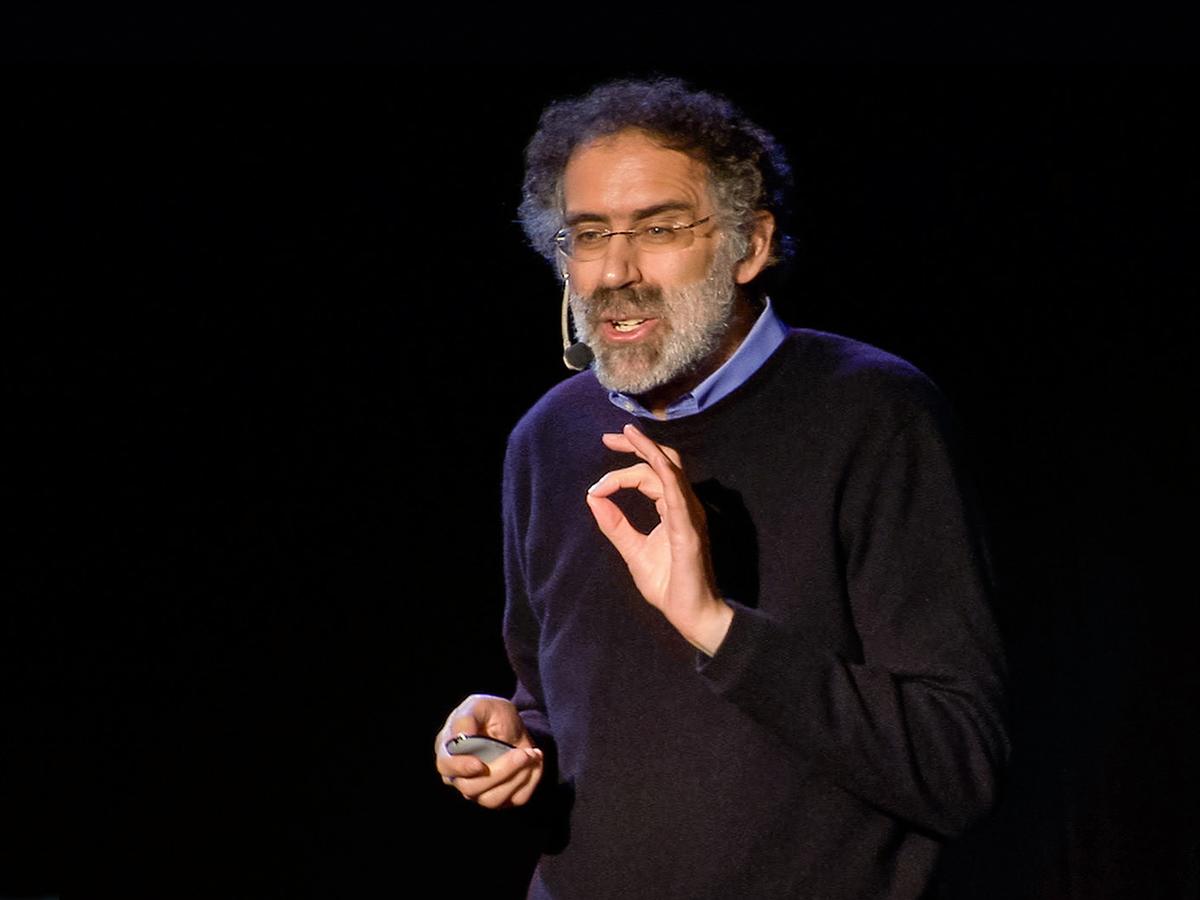
Mitch Resnick of MIT’s Lifelong Kindergarten participated in a TEDx talk where he spoke about the most important invention of the past thousand years.
“People had lots of different ideas, one panelist suggested the printing press, someone else talked about the steam engine, another person selected the computer,” said Resnick. While all of those have helped transform our society, Professor Resnick chose Kindergarten.
“A lot of people don’t even think of kindergarten as an invention, let alone an important invention,” he said. However, as Resnick explained, it was an invention. For many children, kindergarten is their first opportunity to build social skills. In 1837, Friedrich Froebel developed the first kindergarten in Germany, with the theory that children need to have playtime to learn.
Resnick continued, “While Froebel couldn’t have known it, his approach to education was ideally suited to the needs of today’s 21st century society. Not just the five year olds, but for all of us.” Resnick described the broadcast approach to teaching, which we all recognize as a teacher standing in front of the class reciting facts, or numbers, and students writing them down to study later. As this clearly wouldn’t work with five year olds, Froebel developed the kindergarten to allow the kids to learn in a collaborative way.
“More important than anything, kids are learning about the creative process, taking an inkling of an idea and turning it into a project.” Resnick continues by talking about how the world is changing and evolving quicker than at any other time in history and that in today’s classrooms, we need to keep children engaged. Information delivery alone is not aligned with the needs of today’s students and society as a whole, which unfortunately isn’t the direction we’re headed. Today’s kindergartens are starting to look more like regular school with worksheets and flashcards, and less time for creative collaboration. He thinks we need to do the exact opposite and have more schools of all age groups function much like kindergartens, with collaboration and creativity at the forefront.
“We need to make the rest of life more like kindergarten.” His stress is on what he calls the four P’s: projects, passion, play and peers. If schools and the workplace can incorporate the four P’s into their learning and environments, they’ll have more effective students and workers.
You can view the sixteen-minute video here.